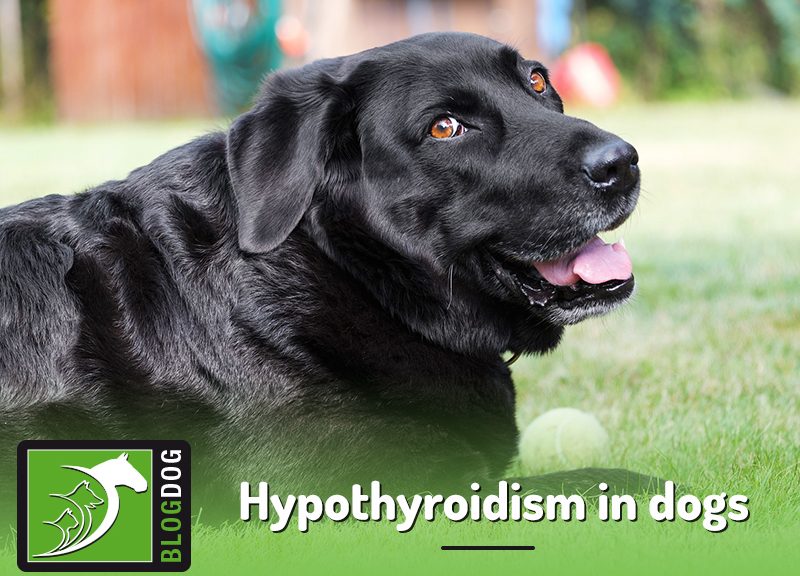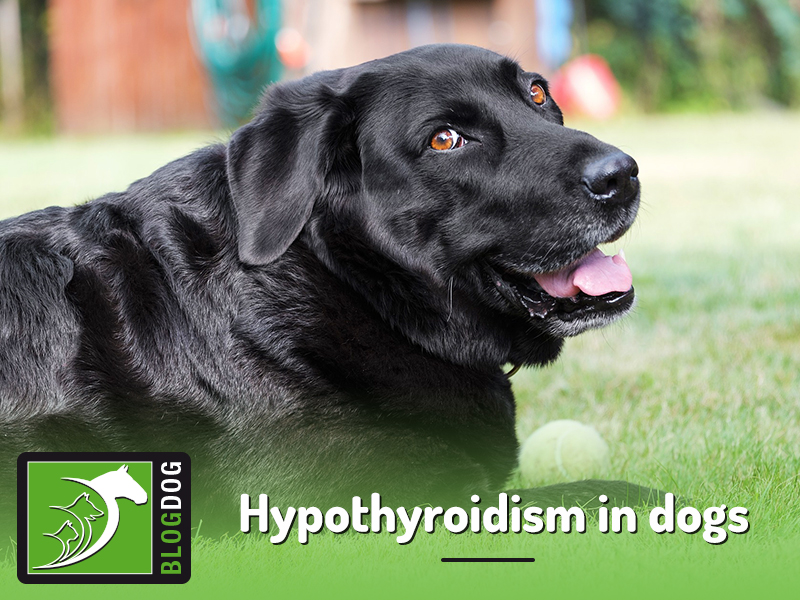Have you noticed that your dog has been gaining weight despite eating the same amount of food, is less energetic, and his or her hair is thinning?
These are common signs of hypothyroidism, an endocrine disease of the thyroid gland that can affect dogs, especially after a certain age.
The thyroid gland
The thyroid is located in the neck, and it produces hormones that participate in many normal bodily functions, including (but not limited to):
- Energy production;
- Regulating body temperature;
- Bone and cell growth.
As it has such an important role in everyday bodily functions, problems that affect the thyroid gland can have severe health consequences.
What happens when the thyroid gland isn’t working as it should?
Thyroid gland disease can cause an abnormal hormone production, either because it is:
- Increased, which we call hyperthyroidism;
- Or decreased, which we call hypothyroidism.
Dogs predominantly suffer from hypothyroidism, which is caused chiefly by immune-mediated destruction of the thyroid gland. However, we haven’t managed to figure out why exactly this happens.
Because circulating thyroid hormones are too low, you’re likely to see:
- Weight gain without increased appetite;
- Loss of hair all over the body but especially the trunk and limbs;
- Decreased interest in playing and less energy generally;
- Darkening and drying of the skin;
- Higher chance of skin and ear infections.
Treatment and outcome
Even though hypothyroidism is a chronic condition, it can be managed through daily supplementation with the missing hormones.
Regular monitoring is essential to check if hormone levels are where they should be and make necessary therapeutic adjustments when needed.
With treatment, your canine companion can still live a long and happy life!
If you’ve spotted any of the signs mentioned above, schedule an appointment with your vet. If it is hypothyroidism, treatment should be started as soon as possible to avoid complications associated with this disease.
Would you like to know more about dogs? Check our Canine Courses:
![]()
Canine courses

